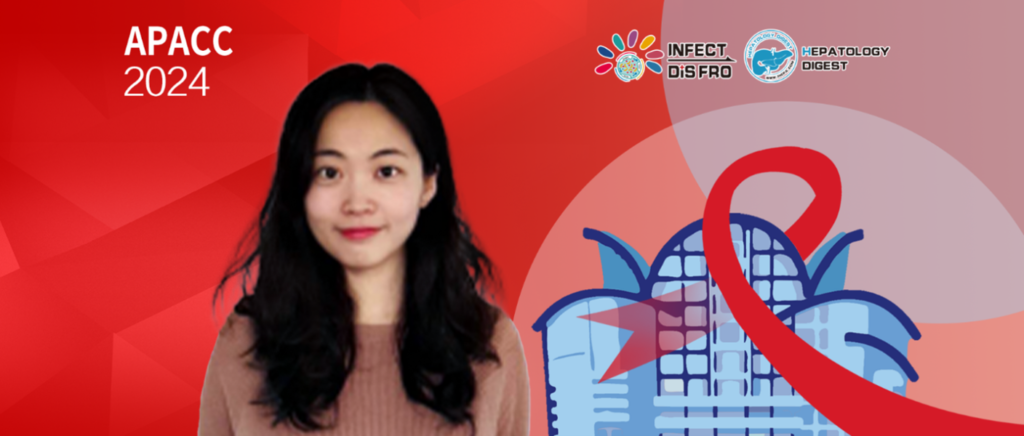
Editor's Note: In the era of 5G, the consumption and entertainment habits of sexually active young people have changed significantly, including activities such as drinking coffee, shopping, watching movies, and taking selfies. It is essential to continuously explore and improve strategies for testing and preventing sexually transmitted diseases (STDs) that are tailored to the times and local conditions. At the recent 9th Asia Pacific AIDS & Co-infections Conference (APACC 2024), Dr. Ye Zhang from the Kirby Institute at the University of New South Wales, Australia, presented "Innovations in Implementation Strategies of Delivery Models," introducing the "Pay it Forward" strategy and sharing more insights in an interview with Infectious Diseases Frontier.Infectious Diseases Frontier: Could you briefly introduce the content of your presentation at this conference?
Dr. Ye Zhang: Thank you for the question. At this conference, I mainly shared recent research utilizing the “Pay it Forward” approach to increase STD testing rates among key populations. This method is inspired by classic commercial examples, such as customers at Starbucks paying for a stranger’s coffee, thus spreading kindness.
Our primary goal was to eliminate financial barriers to testing. Additionally, community members could express their care for each other through this method. The research results indicate that this approach not only increased chlamydia and gonorrhea testing rates among men who have sex with men (MSM) but also showed positive effects on hepatitis testing rates and vaccination uptake.
The core of this method is reducing economic barriers while conveying love and care. At this conference, we mainly discussed how to apply this concept to enhance the utilization of health services, successfully integrating it into different fields, communities, and medical services. Since this model has been primarily implemented in China with positive outcomes, we hope to further explore its potential in resource-limited countries and regions and see if it can be adapted into other effective forms. Therefore, we look forward to gathering more inspiration and suggestions at this conference to promote the global application and development of the “Pay it Forward” model.
About “Pay it Forward”
“Pay it Forward” (PIF) means letting love and kindness continue. The concept of PIF originates from “suspended coffee,” where an anonymous person pays for a coffee in advance to benefit someone in need, also known as “sharing coffee.” Additionally, in 2007, the British rock band Radiohead allowed fans to pay what they wanted for their digital album “In Rainbows,” pioneering the “Pay what you want” (PWYW) model in the music industry.
This model of kindness and mutual assistance has also been applied to infectious disease control. In 2020, a study published in The Lancet Infectious Diseases by the Lingnan-UNC STI Research Training Center, a collaboration between the Dermatology Hospital of Southern Medical University and the University of North Carolina at Chapel Hill, showed that applying PIF and PWYW to gonorrhea and chlamydia testing among MSM significantly increased testing rates compared to the control group (56% vs. 46% vs. 18%).


